BEAST (2022)
An American family vacationing in South Africa find themselves in a life-or-death struggle with a rogue lion
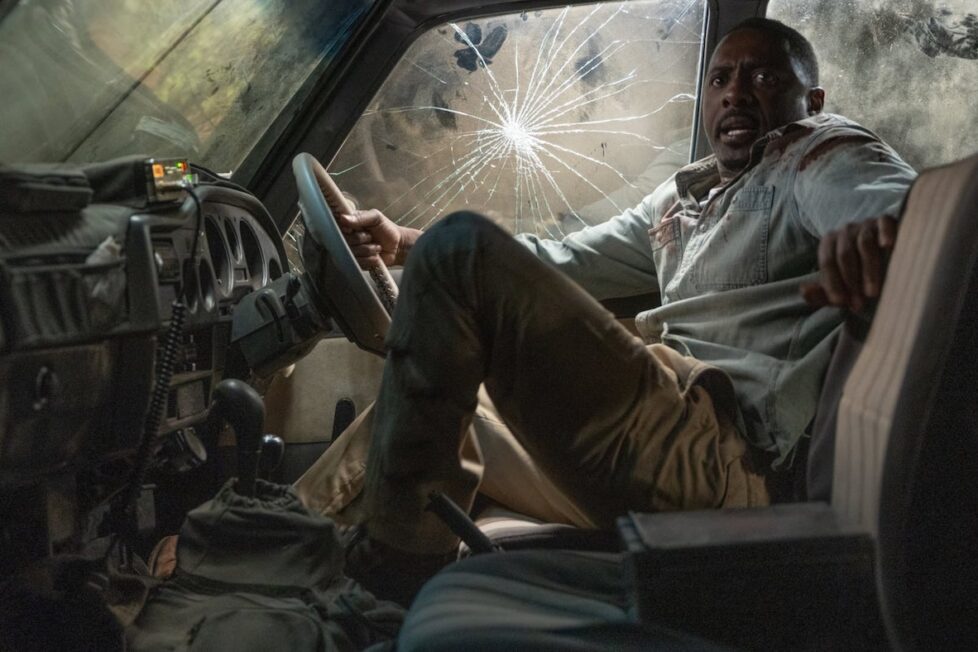
An American family vacationing in South Africa find themselves in a life-or-death struggle with a rogue lion


From The Lion King (1994, 2019) to Zootropolis (2016) and beyond, wild animals that are noble, likeable, or funny, have become the norm in mainstream cinema. A few incorrigible reprobates like sharks and alligators apart, it’s rare to find an outright hostile creature nowadays. So there’s something appealing about the sheer old-fashionedness of Beast, which feels like nothing more than a British movie of half a century ago, doubtless with Michael Caine and Richard Harris in the Idris Elba and Sharlto Copley roles.
Of course, it’s not quite that. Beast is a US film; a black star like Elba would’ve been an unlikely lead for such a movie in the 1970s, though Copley is still a thinly-disguised Great White Hunter, and there’s lip service paid to an eco-theme that has Beast attempt a slightly awkward balancing act in trying to make its lion simultaneously monstrous and tragic. But at heart, this is an old-fashioned adventure of family vs. nature, red in tooth and claw, and what big digital teeth and claws they are.
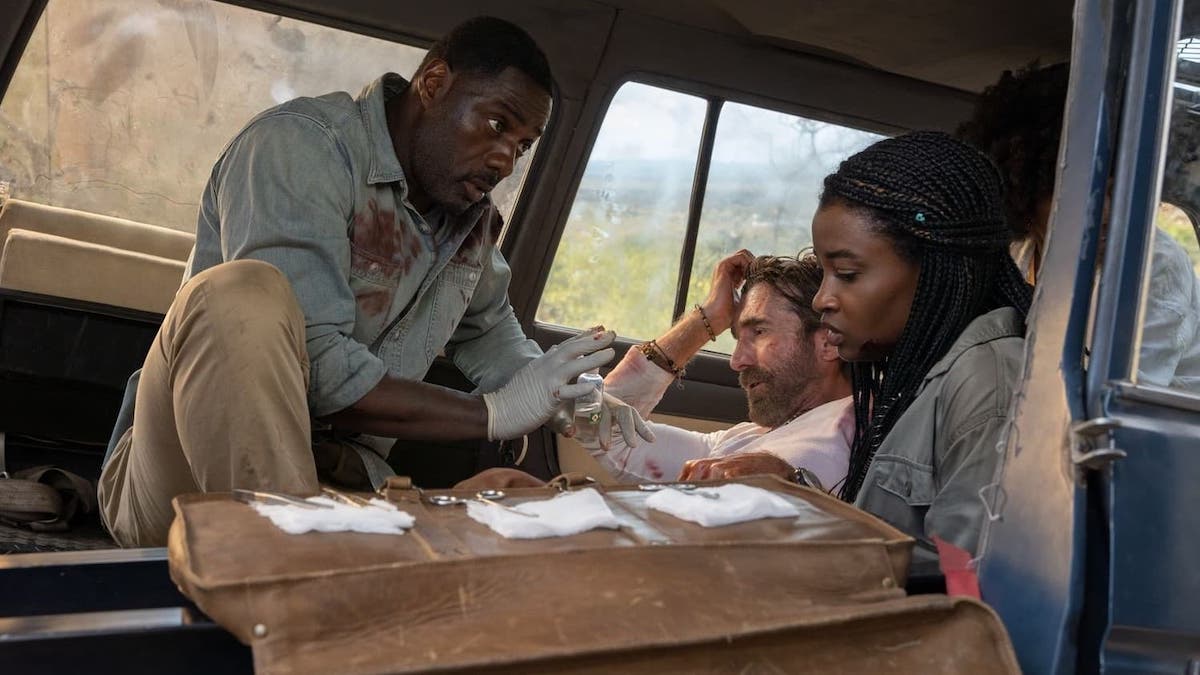
American doctor Nate (Elba) is visiting South Africa with his two daughters, Meredith (Iyana Halley) and Norah (Leah Sava Jeffries). Their mother’s recently died and their host will be Martin (Copley), the man who introduced her to Nate. This provides the necessary opportunity for a few emotional moments, just enough that Beast can claim to be not entirely about a lion ripping people apart—but what’s clearly more important about Martin, in terms of story, is that he also works at a game reserve, and his visitors have barely had a chance to unpack their suitcases before he’s whisking them off to meet the local fauna.
Things swiftly take a turn for the bloodier, naturally, when the group discover an entire village of corpses, apparently mauled by a lion (an atmospheric and suspenseful scene amongst the film’s best), and they soon encounter what must be the same animal themselves on a road. Before long they’re trapped in a damaged vehicle, with little water, no comms, and a prowling carnivore outside. The presence in the area of a group of poachers, whose slaughter of a lion pride apparently sent this one surviving animal on a vengeful rampage, adds further peril.
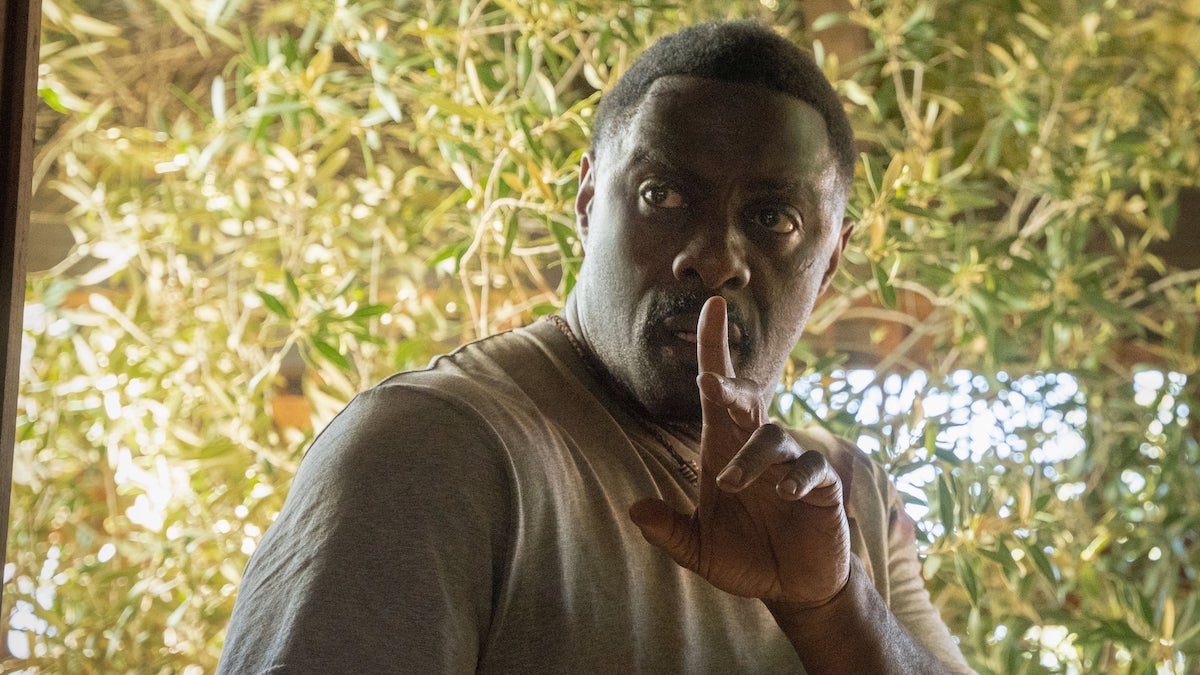
The rest you can pretty much fill in for yourself: various plans will be tried to escape from and/or kill the lion, but none of them will work until one does; characters who might as well be wearing hats marked ‘Dispensable’ will end up as cat food; and the film will alternate between scenes of deceptive, anxious near-calm and shorter ones where it pounces into kinetic action and the anxiety becomes terror.
So there’s nothing at all new, or unexpected, about Beast, and (just like my fantasy Caine/Harris vehicle) it has the flavour of a B Movie masquerading as a major release. But it delivers on the formula consistently well, and never pretends to be more than it is. Director Baltasar Kormákur’s matter-of-fact style was a little disappointing in Everest (2015)—which always felt poised to reveal big ideas without ever actually doing so—but it serves this less obviously metaphor-laden story well, and veteran French cinematographer Philippe Rousselot contributes much to a strong sense of place.
The action scenes are aggressively punchy, and while the lion doesn’t wholly convince (there’s just something too smooth about its movement and too high-res about his detail, as with so many digital creatures), it does give the impression of real physical heft—especially in the beast’s final, thrillingly brutal, and cleverly setup struggle with Nate. Only the dream sequences featuring Nate’s late wife are a drag factor, but they’re easily ignored as the usual obligatory, perfunctory attempts to add “depth” to a character in a movie where character depth is not needed at all.
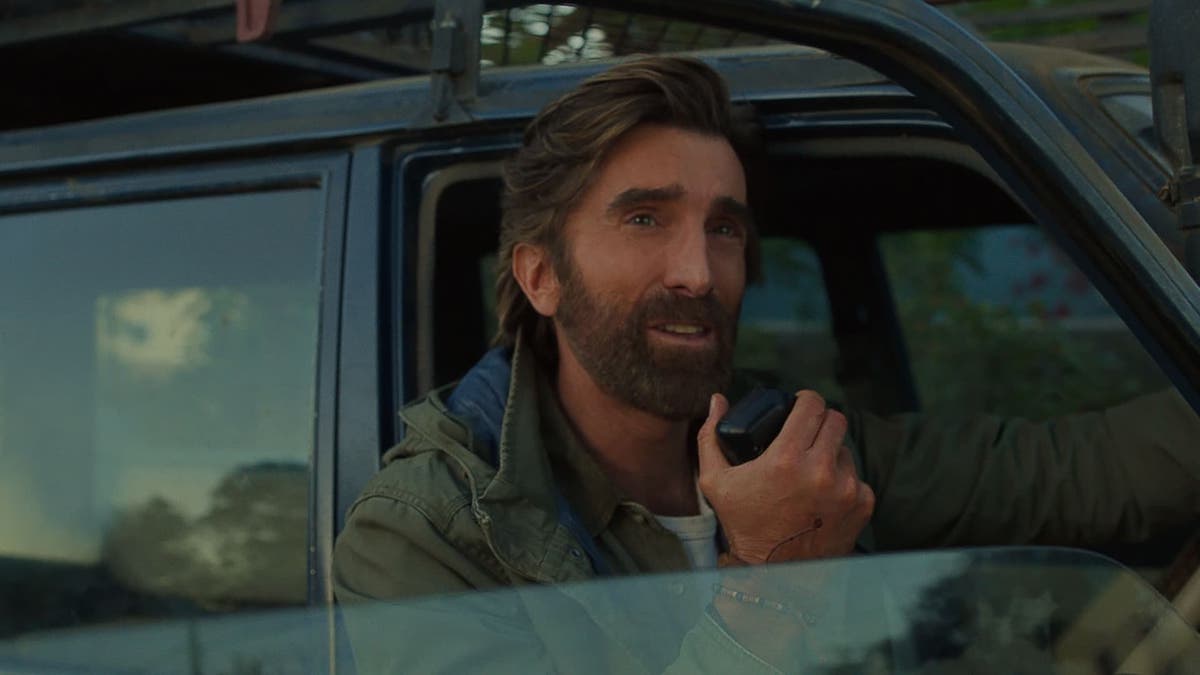
Indeed, the performances do enough on their own to provide what little characterisation is necessary. Elba is just right as Nate, a man with plenty of strength and determination but absolutely no experience of the situation he now finds himself in, while the always watchable Copley is completely believable as his South African counterpart, dropping—as does the screenplay—just the occasional hint that he might have a less amiable side. Both Halley and (especially) Jeffries as Nate’s daughters have a credibly teenage combination of fear and self-assurance, and the excellent South African actor Thabo Rametsi (already seen this year in much bigger parts in Amandla and Silverton Siege) gets another minor Hollywood role.
There’s not much to Beast beyond the bare bones: a family, a growling threat. It might have a post-colonialist English 1970s feel to it but itis also, for long stretches, essentially Cujo (1983) with a lion instead of a St. Bernard. Still, even if what it has to offer is decidedly limited, it’s nearly all done with sufficient confidence, pace, and skill that it has no difficulty in holding an audience for 93-minutes. Plus, none of the animals sing.
USA | 2022 | 93 MINUTES | 2.39:1 | COLOUR | ENGLISH

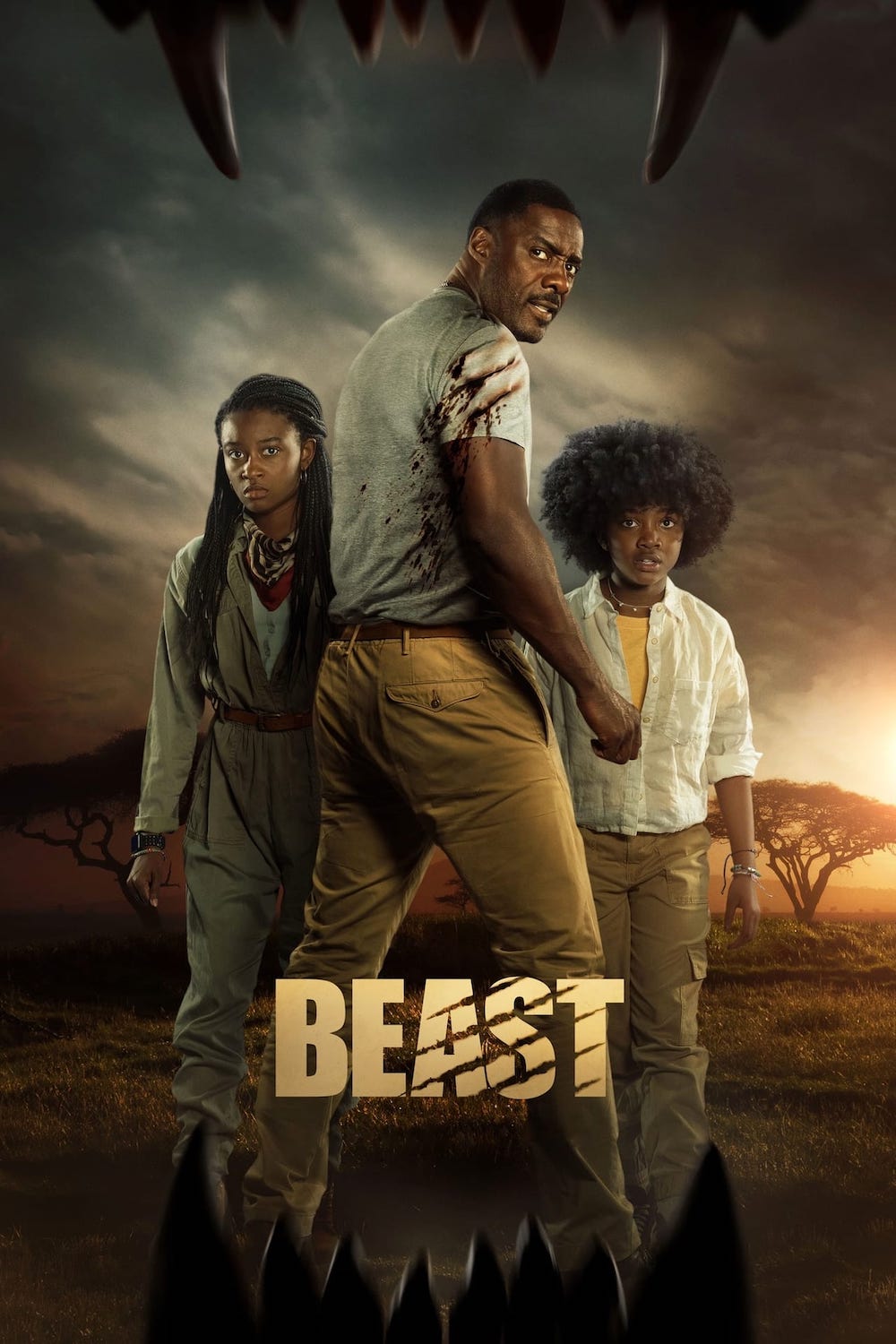
director: Baltasar Kormákur.
writers: Ryan Engle (story by Jaime Primak Sullivan).
starring: Idris Elba, Iyana Halley, Leah Sava Jeffries, Sharlto Copley & Thabo Mbetsi.
